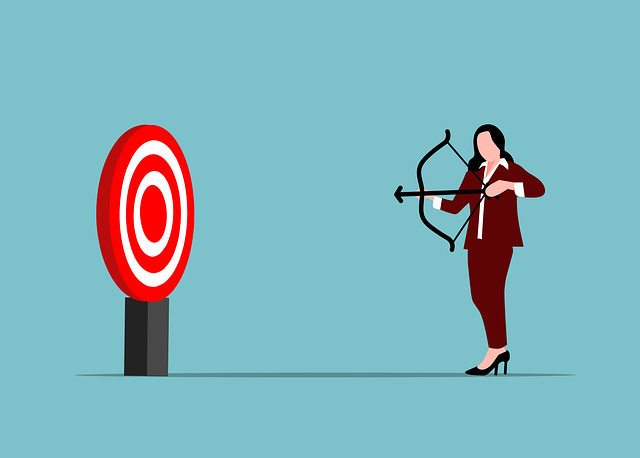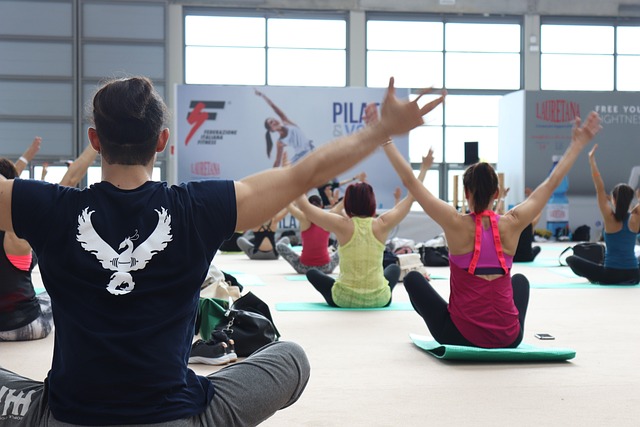Many of us have trouble focusing in this fast-paced environment, especially after being under stress for a long time. A shorter attention span may be the result of an abundance of factors, including digital device distractions, constant multitasking, and information overload. Nevertheless, there are practical approaches you can do to enhance your concentration and reclaim command of your attention.
Understanding the Challenge
Before diving into solutions, it’s essential to understand why maintaining focus can be challenging:
- Digital Distractions: The constant barrage of notifications and the lure of social media can significantly impact our ability to concentrate.
- Multitasking Myth: Attempting to juggle multiple tasks at once can reduce overall efficiency and impair cognitive function.
- Stress and Anxiety: Chronic stress and anxiety can lead to cognitive fatigue, making it difficult to sustain attention on a single task.
- Lack of Mental Training: Just like physical fitness, mental focus requires regular training and discipline.
Strategies to Improve Focus
- Mindfulness and Meditation
Concentration is one area that might benefit from mindfulness and meditation practices. These methods help you control your thoughts and stay in the here and now. The benefits of mindfulness training on concentration and mental agility were detailed in an article published in Psychological Science (HR Daily Advisor).
- Practice: Start with short, daily sessions of mindfulness meditation. Focus on your breath and gently bring your attention back whenever your mind wanders.
- Scheduled Screen Time
Limiting screen time is crucial in reducing digital distractions. Setting specific periods for checking emails and social media can help manage the compulsion to pick up your phone constantly.
- Practice: Use apps like Forest or Stay Focusd to block distracting websites and set specific times for checking your phone.
- Pomodoro Technique
This time-management method can help improve focus by breaking work into manageable intervals, typically 25 minutes of focused work followed by a 5-minute break.
- Practice: Set a timer for 25 minutes and commit to working on a single task. Take a short break when the timer goes off, then repeat. After four intervals, take a longer break.
- Physical Exercise
Regular physical activity has been shown to enhance cognitive function and improve concentration. Exercise increases blood flow to the brain and stimulates the release of neurochemicals that promote brain health.
- Practice: Incorporate at least 30 minutes of moderate exercise, such as walking, cycling, or yoga, into your daily routine.
- Healthy Diet and Hydration
Brain function is significantly impacted by nutrition. Proper nutrition—including plenty of fresh produce, complete grains, and lean proteins—can help keep brain cells healthy. Even slight dehydration can hinder focus, therefore it’s crucial to stay hydrated.
- Practice: Maintain a balanced diet and ensure you drink enough water throughout the day.
- Sleep Hygiene
Adequate sleep is crucial for maintaining focus and cognitive performance. Aim for 7-9 hours of quality sleep each night.
- Practice: Establish a regular sleep schedule, create a restful environment, and avoid screens before bedtime to improve sleep quality.
- Reading and Creative Activities
Rebuilding your attention span might be as simple as spending more and more time on things that need complete concentration, like reading or coloring. You should begin with shorter sessions and gradually increase their time as your concentration abilities improve.
- Practice: Set a timer for 5-10 minutes of reading or coloring. Gradually increase the time as you become more comfortable with sustained focus.
- Cognitive Behavioral Techniques
Cognitive-behavioral strategies can help manage the underlying thoughts and behaviors that contribute to distraction and lack of focus.
- Practice: Work with a therapist or use self-help resources to identify and challenge unhelpful thought patterns that impact your ability to concentrate.
Real-Life Success Stories
Jane’s Journey: Jane, a marketing expert, had trouble concentrating on her job. She found that her productivity increased dramatically after she started using the Pomodoro Technique and meditating on a daily basis to help her focus again.
Tom’s Transformation: As a software engineer, Tom was utterly engrossed in his various social media accounts. He resolved to exercise regularly and began utilizing apps to limit his screen time. By making these adjustments, he was able to lessen the impact of outside factors on his concentration and health.
Conclusion
Mindfulness, regular routines, physical health, and mental training are all part of the complex puzzle that is regaining attention. Your productivity, quality of life, and ability to focus will all see significant improvements if you apply these tactics. Always stay consistent. To improve your ability to concentrate and focus, begin with little, doable improvements and work your way up.



Pingback: Seven Quick Tips to Appear More Professional
Pingback: Doctor's Advice: 5 Breakfast Foods Kids Should Avoid and 5 Healthier Alternatives to Try - Wellness Readers Digest